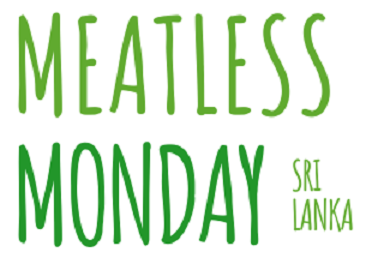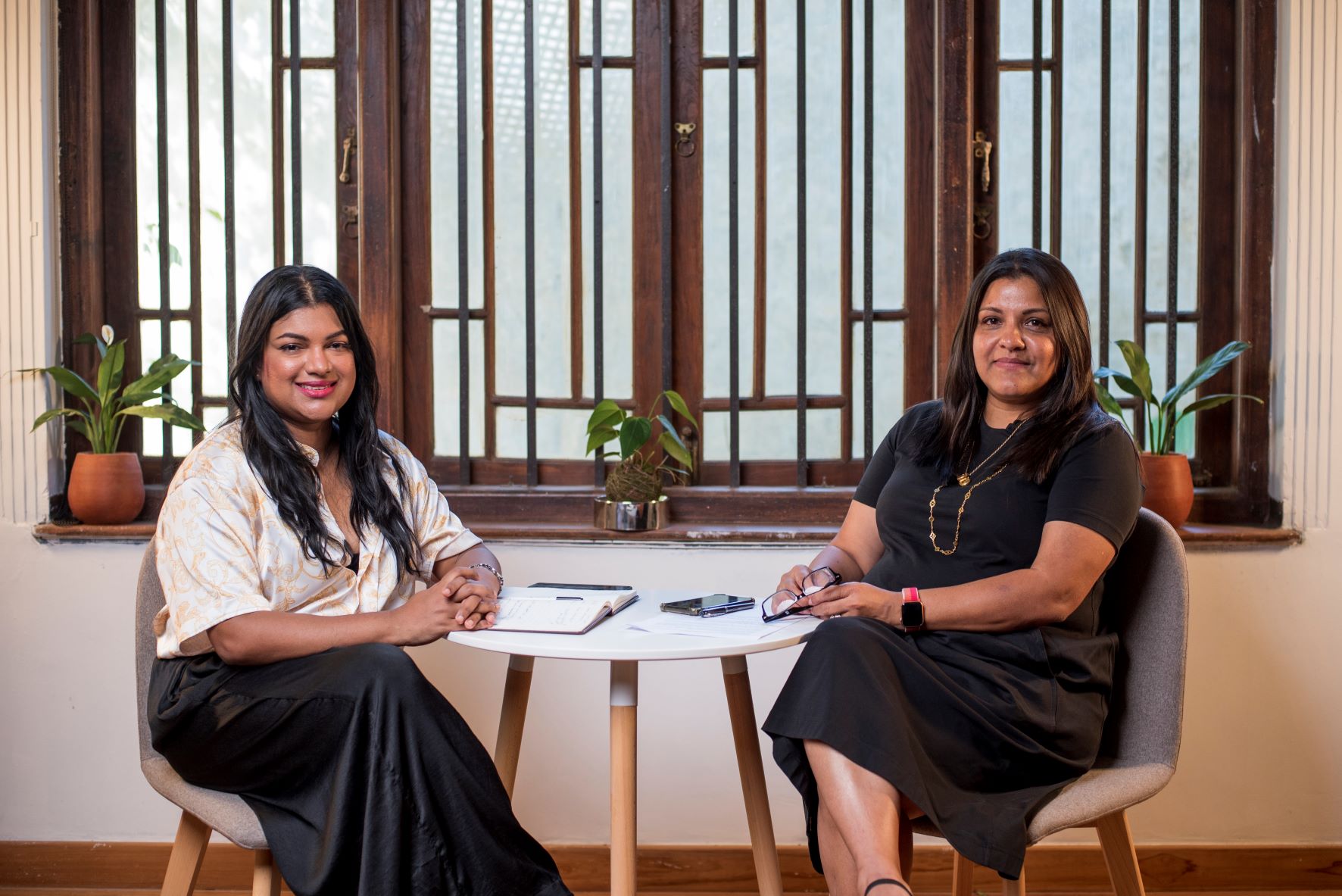Sustainability takes many forms and people can find different aspects of sustainability that work for them, says Dinali Dandeniya, Co-founder of Mama D’s and Cafe Kumbuk, emphasising, however, that what makes any business ethical is one’s mindset.
“I think it’s our inner voices; the will to do things the right way. With everything we do within Kumbuk, we’re always stopping and thinking, ‘Is it the right way? Will it benefit Sri Lanka, the society, the community and what can we do?’ Ethics is heavily embedded into the businesses,” she added.
Following are excerpts of the interview:
Could you please introduce yourself?
Certainly. I am Dinali Dandeniya. I was born and bred in the UK. I’ve been living here for about nine years and in that time my daughter Shana and I set up Cafe Kumbuk, an award-winning café in Colombo. For the past year, Mama D’s artisan vegan range has also been established here in Colombo. Mama D’s is one year old and Cafe Kumbuk is probably pushing seven plus now.
What makes it ethical and sustainable?
I think what makes any business ethical is your mindset. I think it’s our inner voices; the will to do things the right way and to deliver on those as well; ethics does play a big part for us. I think even in our upbringing ethics has played a big part. With everything we do within Kumbuk, we’re always stopping and thinking, ‘Is it the right way? Will it benefit Sri Lanka, the society, the community and what can we do?’ Ethics is heavily embedded into the businesses.
Sustainability takes many forms and I think people can find different aspects of sustainability that work for them. Mostly for us it is the environment, social impact, conscious consumption – all of those elements. There are so many avenues we have to consider, right from locally sourcing ingredients to our packaging, no single-use plastics, and so on. There are lots of elements we try and consider.
For Mama D’s, I’d say ethics and sustainability is quite easy; it encourages people to eat healthy, to think about our planet, and reduce meat consumption and it appeals to conscious consumers.
How has it been when it comes to plant-based food?
It’s been really good. Obviously, the current economic crisis has had an impact and I’m trying very hard not to fold underneath all of it, so I am taking things very slow. My aim was to start with a small customer base which was very interested in vegetarianism or veganism. For myself also, there was always the need to make vegetarian food because I have been vegetarian for so long. When I started out on the venture, more and more people said to me, ‘I’ll be interested in that’ or ‘Can you do this for us?’ and I just started experimenting a little bit with what I wanted to eat as well and that’s how it has formed into the bigger scope of Mama D’s now.
People who want to be vegan want to find products, so there is an answer out there now through your production cycle?
It’s a huge industry and it’s forever growing, but it is more importantly about giving customers a choice and opportunity. While Sri Lanka has a plethora of vegetable and fruits and amazing produce, not many people know how to get the best out of them other than our traditional rice and curries, which we all love, so it was about trying to take those natural ingredients and making convenience out of them as well.
I first rolled out three varieties of sausages and to this day they’re still going strong, but they work because they are still low in cost and they are easy to manufacture here in Sri Lanka because it’s all local ingredients.
So how do you source the material needed for these products?
The ingredients are readily available here in Sri Lanka so it’s really not difficult. Most of it is made here in Sri Lanka, so if I need to access it, it is easy enough. There hasn’t been a huge issue other than the increase in cost factor at the moment, which I’m keeping an eye on. I don’t want to increase my prices just yet, because I think it’s important that the products are affordable to my customers.
How do you look at the climate-friendly aspect of your entrepreneurship? Do you look at the carbon footprint or more towards the consumption patterns that you’re promoting?
I think our priority is probably on consumption. It’s also on the environment impact of packaging and plastic as well. When we first came to Sri Lanka, there was very little awareness about the impact on climate through business. We’ve managed to do quite a few things – we’ve stopped using single-use packaging, we’ve swapped from paper or plastic straws to glass or stainless steel-type scenarios and bamboo, so anything that can be reused and managed.
There’s various things we’re looking at. Less food wastage – that’s always our concern. However we can try and utilise ageing fruits or things that are slightly going off in terms of ripeness, then we’ll see what we can do with it, so it really isn’t about the consumption side of it.
Climate impacts so many different things and it’s one of the reasons why we even didn’t air-condition the property; we kept it open so that we’re only using fans and the natural air throughout the area. There’s lots of little things that have gone to encompass that really.
We were in a different location on Horton Place and we outgrew that now we’ve got a dedicated space for us with garden facilities and a boutique hotel above us as well.
Do you identify with people who have the same ethics in the practices they use in their production?
Predominantly it’s about promoting Sri Lankan-made products. Many entrepreneurs approach us constantly to feature their products or to sell them there. Shana looks after that because she’s very much in touch with trends and aspects of sustainability and ethical working.
There’s a lot of our own products that are in there as well that we make and put out but we do reach out wherever we see unique products coming in. When they are based in Sri Lanka and made in Sri Lanka, we reach out and say, ‘Would you like to sell that through us?’
How can EthicalX help entrepreneurs like you? How do you see us playing a role in this process?
I think it’s a wonderful platform. I think it’s really important for young inspiring and aspiring entrepreneurs to come forward. From our perspective we can learn as well as lead; it’s about sharing best practices. Why reinvent the wheel if one has already done it? We can handhold and help people through it as well.
There’s always something to learn from sharing experiences, knowledge, and wisdom and so I think EthicalX will hopefully bring us all together and create that platform, almost like a think tank for our industry.
SLYCAN Trust launched the EthicalX programme in January 2022 to enhance Sri Lanka’s start-up ecosystem and strengthen ethical, sustainable, and climate-friendly entrepreneurship on all levels. Through Climate & Innovation Hubs, EthicalX provides capacity-building and technical support for entrepreneurs at various stages of their business development, with a special focus on plant-based food systems.
The EthicalX Food Systems Cell comprises talented and well-rounded entrepreneurs with a common interest in enhancing their capacities, expanding their network, and promoting sustainable and ethical food systems through their enterprises.

